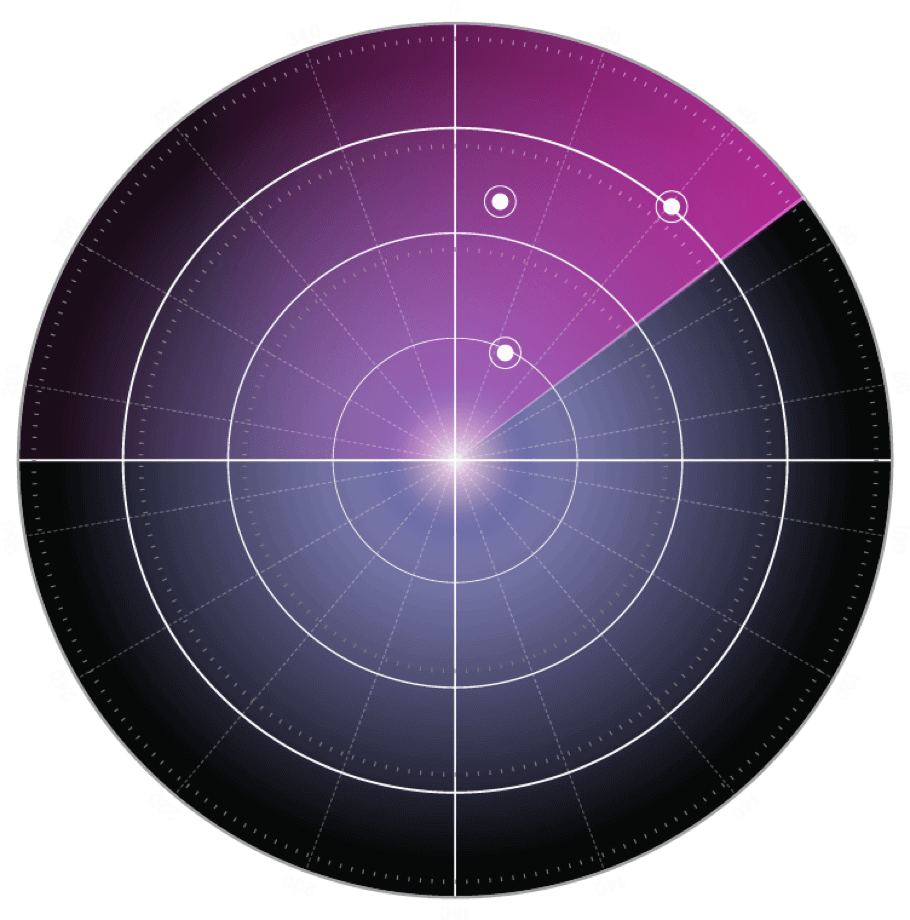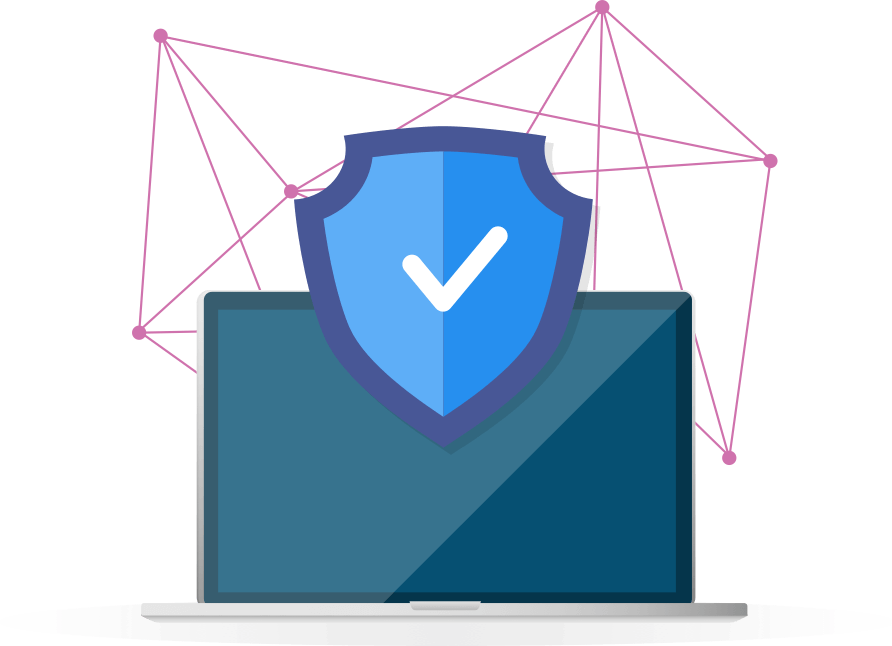
Provide current and historical ownership information on domains / IPs. Identify all connections between domains, registrants, registrars, and DNS servers.
Look into all current and historical DNS / IP connections between domains and A, MX, NS, and other records. Monitor suspicious changes to DNS records.
Get detailed context on an IP address, including its user’s geolocation, time zone, connected domains, connection type, IP range, ASN, and other network ownership details.
Access our web-based solution to dig into and monitor all domain events of interest.
Domain/WHOIS
DNS/IP
Intelligence
Domain/WHOIS
DNS/IP
Intelligence
Domain/WHOIS
DNS/IP
Intelligence
Get access to a web-based enterprise-grade solution to search and monitor domain registrations and ownership details for branded terms, fuzzy matches, registrants of interest, and more.
Our complete set of domain, IP, and DNS intelligence available via API calls as an annual subscription with predictable pricing.
Offers complete access to WHOIS, IP, DNS, and subdomain data for product enrichment, threat hunting and more.
Enjoy priority data access with our premium API services topped with extra perks including dedicated team support, enterprise-grade infrastructure, and SLAs for full scalability and high performance.
Multi-Level API User Administration Now Available - Manage individual API keys for team members in your organization.
Learn More









































